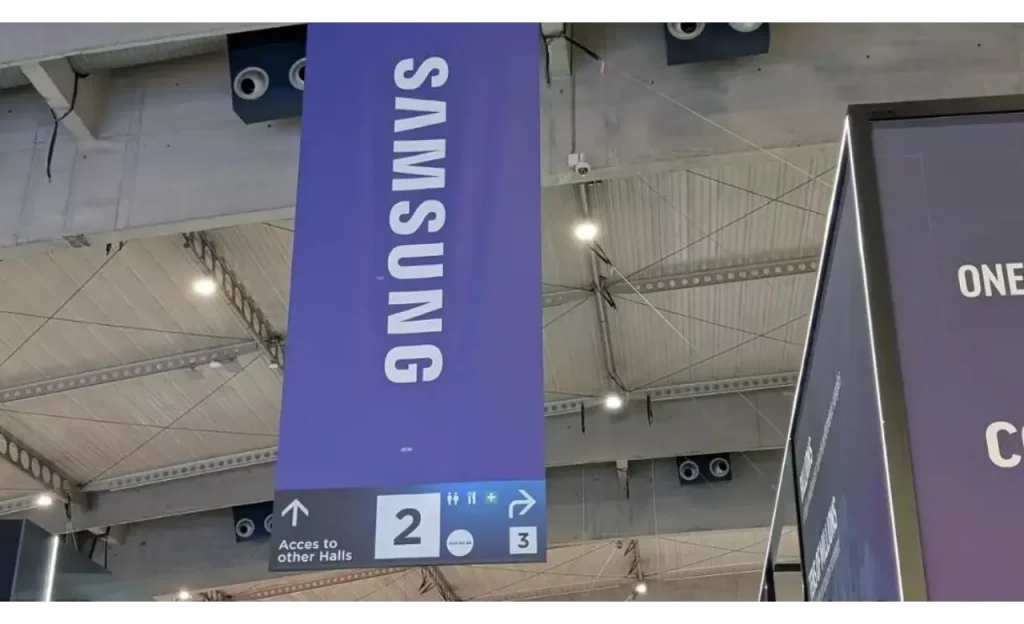• Samsung’s RIC brings anomaly detection and real-time optimisation tools to Telus’ 5G network
• The move strengthens Canada’s Open RAN ecosystem and supports AI-enabled network innovation
What happened: Telus taps Samsung for RIC
For the next stage of its Open RAN strategy, Canadian operator Telus decided on Samsung Electronics for the supply of a RAN Intelligent Controller (RIC) (Telecoms.com). Telus’ radio access network will acquire automation and intelligence as the outcome of this deployment, enhancing real-time monitoring and effectiveness. Advanced features which allow proactive recognition of abnormal network patterns, such as the KPI Anomaly Detector (KAD) and RAN Anomaly Insight (RAI), are offered by Samsung’s RIC. The aim of this integration is to boost client satisfaction, efficiency, and availability across each of Telus’ 5G product lines.The announcement complies with Telus’ ongoing backing of Open RAN, a standard which promotes software-driven, interoperable network infrastructure and is endorsed by the O-RAN Alliance.
Also Read: ‘EU AI Act’ takes effect in August: A landmark regulation for AI
Also Read: Salesforce to buy Informatica for $8B to boost AI platform
Why it’s important
The partnership underscores how AI-powered automation is becoming central to telecom operations. According to the 3GPP standards body, intelligent controllers such as the RIC are critical to achieving the low latency, scalability, and efficiency expected from next-generation mobile networks. By adopting Samsung’s platform, Telus is signalling its intention to stay competitive in the race towards more programmable, cloud-native networks.
Samsung has an established track record in advanced RAN solutions, working with operators globally on Open RAN deployments, including Dish Wireless in the US and KDDI in Japan (Samsung Newsroom). For Telus, leveraging this expertise could accelerate Canada’s position in global Open RAN development, while also supporting policy goals from the Government of Canada aimed at strengthening digital infrastructure resilience. By investing early in RIC technology, Telus is positioning itself not only to optimise current network performance but also to pave the way for future 6G innovations, where AI-native control will play an even larger role.

